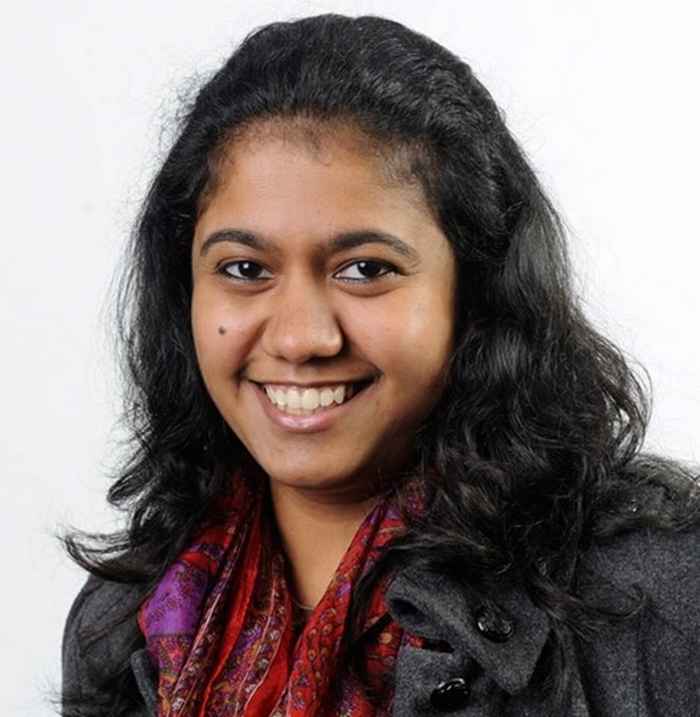Unraveling our internet-mediated lives
Keynote talk by Juhi Kulshrestha at the Summer Institute in Computational Social Science
- Date
- 10 June 2024
- Time
- 13:00 -14:30
- Location
- Roeterseilandcampus - building A
- Room
- A2.10

The Amsterdam Institute for Social Science Research (AISSR) is proud to host the Summer Institute in Computational Social Science and to welcome a computer scientist Juhi Kulshrestha, an expert in information consumption on the Web, bias in online news use, and the role of algorithmed intermediaries.
In this talk, Kulshrestha will discuss how we utilize digital behavioural data to study our internet-mediated lives. Through a blend of diverse data sources and research methods, the speaker will demonstrate how we can examine human behavior on the web and its influence on individual’s opinions, attitudes and behaviors both online and offline.
This keynote is supported by the Social and Behavioral Data Science Centre
Drinks & snacks afterwards from 14:30.
About the speaker
Juhi Kulshrestha, Ph.D is an Assistant Professor in the Department of Computer Science, at Aalto University. Her research focuses on studying online news and information consumption, online political communication, online social media and the role of online algorithmic intermediaries in shaping people's online information diets. Kulshrestha has developed frameworks for measuring the bias and diversity in the news and information that users are consuming via algorithmic recommendation and search systems on web and social media platforms.
About SICCS
The purpose of the Summer Institutes in Computational Social Science is to bring together graduate students, postdoctoral researchers, and beginning faculty interested in computational social science.
The Summer Institutes are for both social scientists (broadly conceived) and data scientists (broadly conceived). Since 2017, SICSS has provided more than 1,200 young scholars with cutting-edge training in the field and the opportunity to develop more than 120 research collaborations that break down disciplinary barriers.
From June 10 to June 21, 2024, the Amsterdam Institute for Social Science Research will host the SICSS at the UvA, welcoming around 25 international participants to learn about computational social science.
